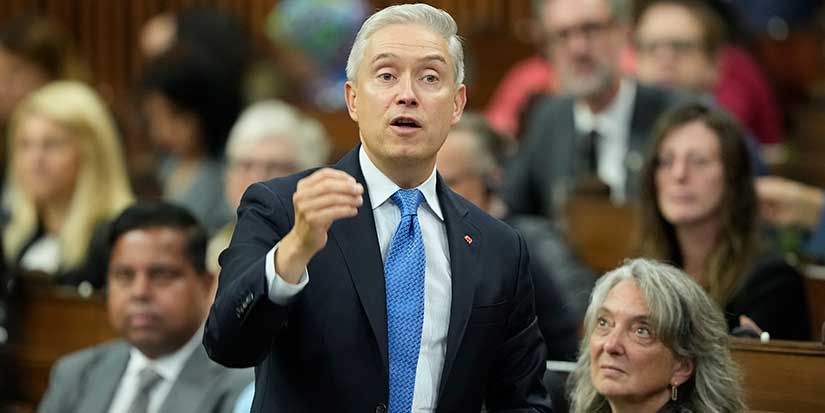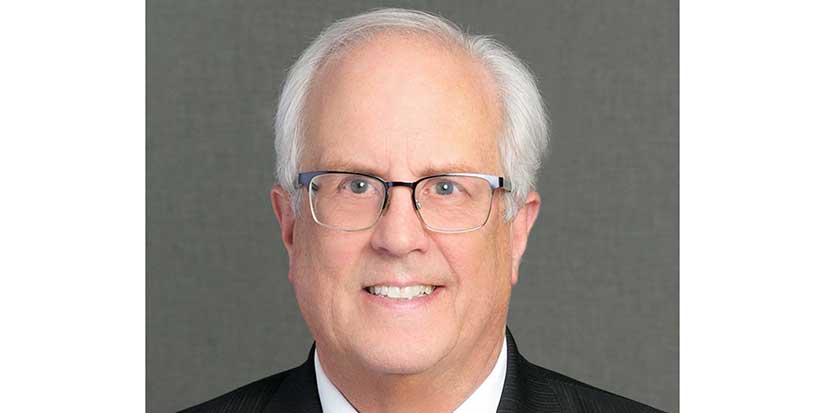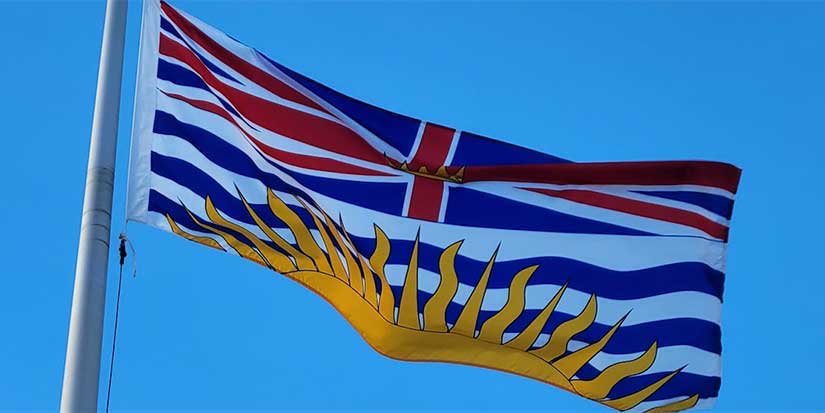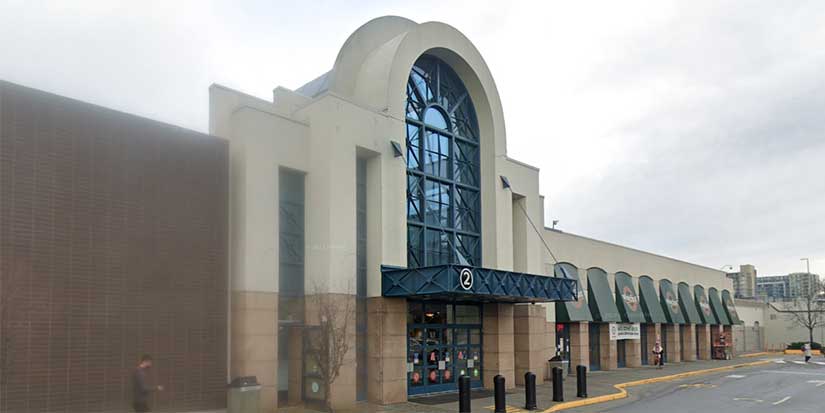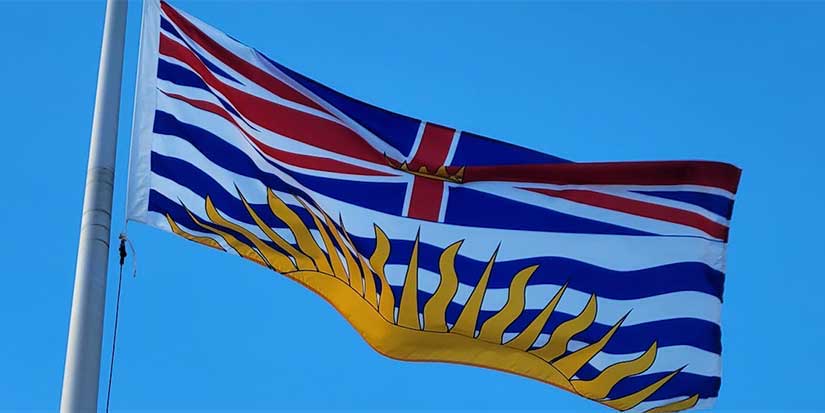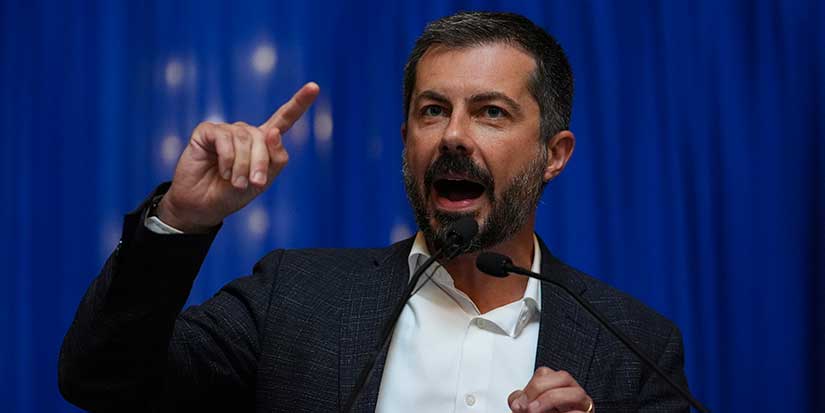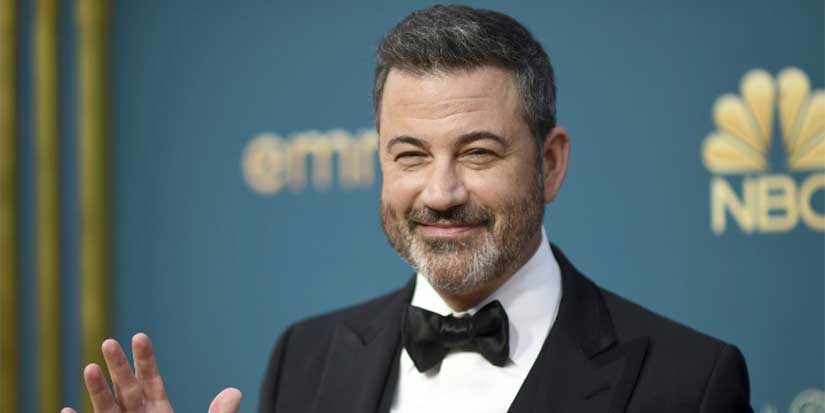National News
Return on fall budget investments will help drive down deficit: Champagne
Published 10:59 PDT, Thu September 18, 2025
Last Updated: 2:20 PDT, Thu September 18, 2025
—
The financial returns from Ottawa's capital spending plans in the upcoming fall budget will help Canada pay down the deficit in later years, Finance Minister François-Philippe Champagne said on Thursday.
His comments came in an interview with The Canadian Press on Thursday before he departed on a trip to meet with European officials and sell them on deepening transatlantic supply chains.
Champagne said borrowing to invest in Canada's productive capacity is the best path to prosperity and economic resilience in the face of U.S. trade disruption.
Shifting the federal government from a focus on operational spending to capital spending will generate growth and deliver multiplied returns on every dollar invested, Champagne argued.
"That's the whole point," he said.
"That's why we said we'll have a declining deficit over the years … that's why you shift from expenses to investments, because that's where you grow."
Champagne pushed back on concerns raised by Jason Jacques, Ottawa's interim parliamentary budget officer, who told a House of Commons committee earlier this week that he was worried the federal government may no longer have its fiscal anchors.
That term refers metrics a government sets to make the case that policy makers are being prudent with public finances, particularly debt levels. Previous federal fiscal anchors have included a declining debt to GDP ratio, and capping the deficit at one per cent of GDP.
The finance minister said the Liberals' upcoming budget on Nov. 4 will show a decline in that ratio and include plans to balance the operating budget in three years, as the Liberals promised during the election campaign.
In the absence of a budget, many fiscal watchers have suggested that the annual deficit has increased since the election, which saw the Liberals promise new spending.
The Conservative party pressed the Liberals to reveal the size of the deficit this week as Parliament began its fall sitting.
Prime Minister Mark Carney has announced a series of big-ticket spending items since the spring, including plans to meet NATO defence spending targets and new capital investments for infrastructure and housing.
Champagne described the upcoming budget as a "generational" investment and compared it to Canada's efforts to scale up the economy after the Second World War.
He dismissed criticisms of the delay in giving Canadians a look at Ottawa's books. Federal budgets are typically tabled in the spring.
Presenting a budget ahead of June's NATO summit and other major developments since the spring would have been premature, Champagne argued.
"Canadians understand that if you're going to give them the fiscal outlook, I think it was prudent to come with that in November," he said.
Champagne was set to fly to Denmark on Thursday to take part in a summit with European Union finance officials.
His office said Canada is the only non-European nation invited to this month's Informal Meeting of EU Economy and Finance Ministers in Copenhagen.
In addition to a focus on economic ties, Finance Canada says Champagne's agenda will include addressing Arctic security with Nordic partners and solidifying support for Ukraine in its war against Russia.
Champagne said he has been pushing for Canada to get an invitation to these European roundtables.
He said the trip offers a rare chance for Canada to sit at the table with major European decision makers as Ottawa tries to deepen its reach into Europe's defence and energy supply chains.
"It's very telling that our European friends value so much the transatlantic relationship that they want Canada to be there," he said.
Champagne said Wednesday that Canada has been at the industrial centre of North America for decades. Now, he sees an opening for Canada to play a similar role in Europe.
He said Canada has done it before, citing the role played by Canadian industry in supplying munitions and other military equipment to Allied forces during the war.
Champagne said rising NATO commitments and shifting geopolitical forces have European nations planning to spend more on defence, creating a market opportunity he wants Canadian firms to fill.
"We were able, back then, to shift the Canadian economy for success for 50, 80 years. For me, this is the same calling we have today," he said.
The geopolitical landscape in 2025 is not the same as it was in 1945, however. Back then, the United States was preparing to emerge as the leading global power of the 20th century. American protectionism now has the U.S. looking inward.
Champagne said relying on the U.S. market for the vast majority of Canada's exports is a risky strategy, but it can be hedged by expanding to new markets.
"We're bound by geography, we're bound by supply chain, we are bound by a lot of things that have been happening between our two countries for generations and generations, so that's going to continue," he said.
"But at the same time, we have learned our lessons. And therefore, we need to diversify. Diversify our market, diversify our industry, diversify out economy, so that we move from dependence to resilience."
– Craig Lord, The Canadian Press
